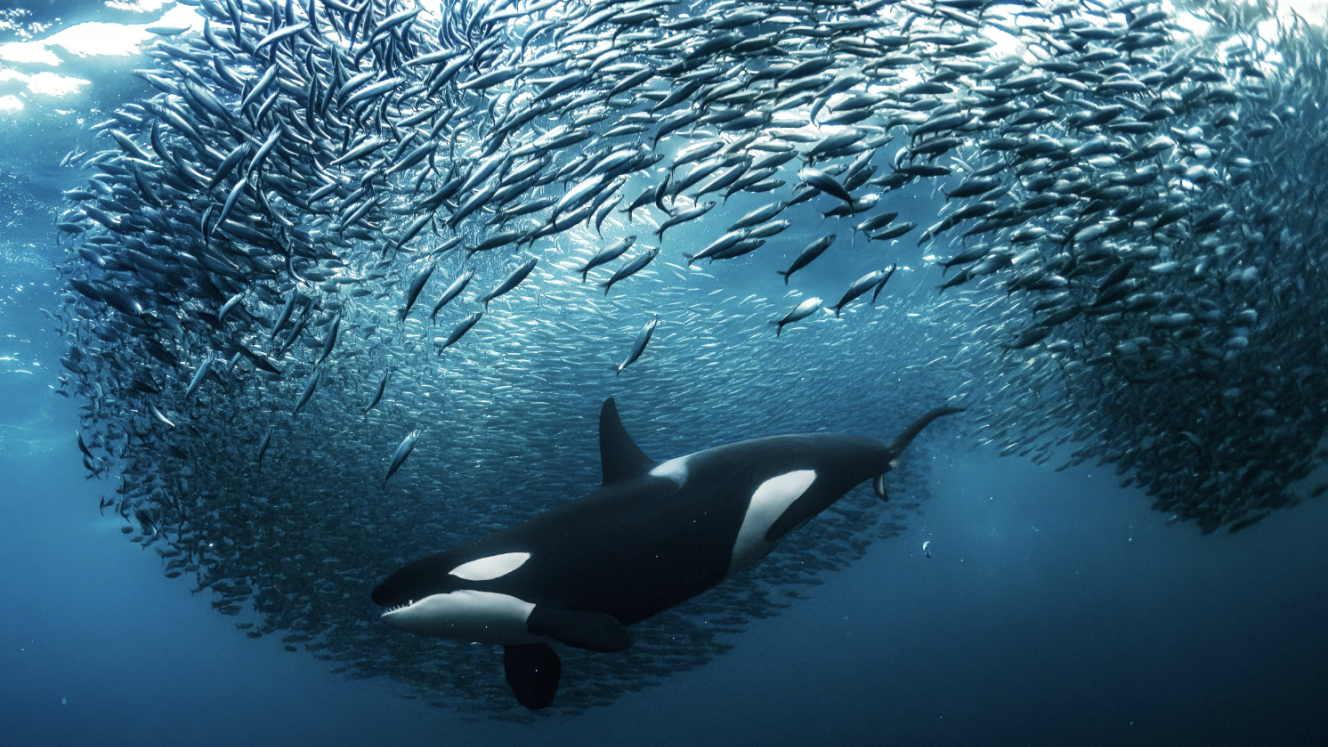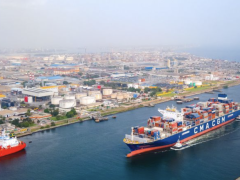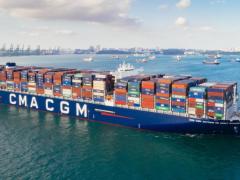The UN High Seas Treaty has achieved a milestone with its sixtieth ratification, paving the way for stronger protection of international waters that are critical to global shipping and trade.
UN Secretary-General, António Guterres, recently announced the latest ratification, which will see the treaty, known as the Agreement on Marine Biological Diversity of Areas beyond National Jurisdiction (BBNJ) enter force in 2026.
"The BBNJ agreement has reached the required threshold of ratifications for entry into force,” said Guterres.
"I welcome this historic achievement for the ocean and for multilateralism. In two years, states have turned commitment into action – proving what is possible when nations unite for the common good."
The treaty, two decades in development, will become legally binding on January 17, 2026, following a 120-day preparation period after Morocco's ratification on September 19.
It addresses overfishing, pollution, and climate impacts on marine life, which supports $2.5 trillion in global economies, including freight sectors reliant on open seas for routes.
"Covering more than two-thirds of the ocean, the agreement sets binding rules to conserve and sustainably use marine biodiversity, share benefits more fairly, create protected areas, and advance science and capacity building," said Guterres.
"As we confront the triple planetary crisis of climate change, biodiversity loss, and pollution, this agreement is a lifeline for the ocean and humanity.”
“I urge every state to join without delay, and all partners to support a swift, full implementation. The ocean’s health is humanity’s health.”
The treaty promises marine protected areas covering 30% of the high seas by 2030, potentially reducing illegal fishing and pollution from vessels. Currently, only 1% is protected, leaving routes vulnerable to overexploitation.
The BBNJ fosters cooperation on environmental impact assessments and technology transfer, urging regional bodies to align with UN frameworks.
Fourteen African countries have ratified the agreement, including South Africa, which signed it in June, and the Seychelles, which was the first country on the continent to ratify the treaty.













